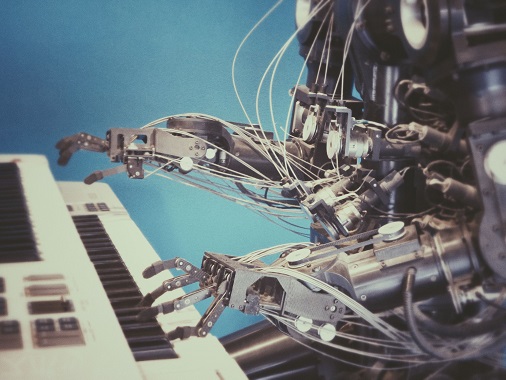A recent report revealed that 40% of companies claiming to be in the AI business do not actually have any real artificial intelligence capabilities.
The same study found that when companies did include artificial intelligence and machine learning into their businesses, the use cases were quite ordinary. Some of the most popular ways start-ups used AI included chatbots (26%) and fraud detection (21%).
These findings prove that artificial intelligence is currently the most used and, sadly, the most misused concept in technology. Companies are in a hurry to jump into the AI bandwagon without fully comprehending what are the challenges or whether it is possible to add such features to their services.
Nevertheless, it is clear that artificial intelligence has started to generate good results and provide added value to businesses in different areas, including retail and fintech. The real question, in this case, is whether companies are actually ready to leverage AI.
The current technological context is creating excellent conditions for businesses to start fueling AI operations. Humanity’s access to better computing capabilities has grown exponentially, huge amounts of data have become available globally and computer scientists have learned how to improve their algorithms. All of these are making it possible for AI technology to power real-world applications.
But no great advancement comes without its shortcomings. There are a number of challenges businesses and individuals alike need to overcome in order to benefit from everything that artificial intelligence has to offer.
FEAR AND RESISTANCE TO CHANGE
Since the beginning of the world, humanity has gone through considerable transformation. Yet, this has not made us less resistant to change. On the contrary, people seem to have become more fearful with any new technological development. If in the 19th century, the Luddites believed that machines will steal their jobs, nowadays, people envision an apocalyptic scenario in which robots take over the world and deem humans obsolete.
In this case, companies trying to add AI capabilities might encounter resistance not only from their customers who might not adopt their AI-based products or services, but also from their employees. For instance, several Google employees have resigned from their positions because they did not agree with the company’s AI plans.
Even famous figures such as Elon Musk, Mark Cuban and Steven Hawking have argued that AI could pose an existential threat to humanity. In an attempt to reduce the anxiety related to weaponized robots, the leading minds of the tech world, including Elon Musk, have made a commitment not to use artificial intelligence to develop weapons.
LACK OF KNOWLEDGE OR BUDGET
Artificial intelligence is not a new concept, however, it is only recently that it has gained considerable ground. This means that the skills and knowledge needed to implement AI processes and drive organizational change are just starting to be in demand. A lot of companies, as well as individuals, are rushing to be part of the movement, but they are not trained well enough to deal with it. Moreover, the ones that are equipped to handle this are inevitable drawn by the world’s tech giants that invest in AI, such as Google, Facebook, Amazon and Microsoft, to name but a few. Hopefully, this will be solved once the education system will start preparing the future generations for the AI era.
Limited funding could constitute another major challenge when it comes to AI adoption. Stakeholders might choose not to allocate the necessary capital if they are not enthusiastic enough about the initiative. Nevertheless, as artificial intelligence continues to make its mark in major domains, more and more investors are willing to fund companies that promise to revolutionize the way they do business.
Read the complete article, written by Strongbytes, here.

